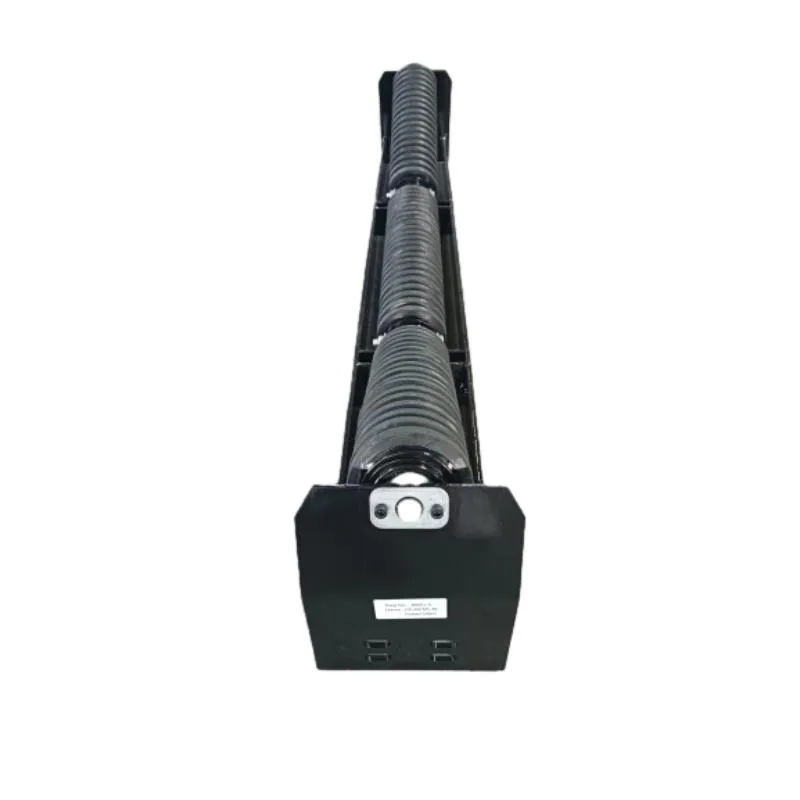 Afrikaans
Afrikaans  Albanian
Albanian  Amharic
Amharic  Arabic
Arabic  Armenian
Armenian  Azerbaijani
Azerbaijani  Basque
Basque  Belarusian
Belarusian  Bengali
Bengali  Bosnian
Bosnian  Bulgarian
Bulgarian  Catalan
Catalan  Cebuano
Cebuano  Corsican
Corsican  Croatian
Croatian  Czech
Czech  Danish
Danish  Dutch
Dutch  English
English  Esperanto
Esperanto  Estonian
Estonian  Finnish
Finnish  French
French  Frisian
Frisian  Galician
Galician  Georgian
Georgian  German
German  Greek
Greek  Gujarati
Gujarati  Haitian Creole
Haitian Creole  hausa
hausa  hawaiian
hawaiian  Hebrew
Hebrew  Hindi
Hindi  Miao
Miao  Hungarian
Hungarian  Icelandic
Icelandic  igbo
igbo  Indonesian
Indonesian  irish
irish  Italian
Italian  Japanese
Japanese  Javanese
Javanese  Kannada
Kannada  kazakh
kazakh  Khmer
Khmer  Rwandese
Rwandese  Korean
Korean  Kurdish
Kurdish  Kyrgyz
Kyrgyz  Lao
Lao  Latin
Latin  Latvian
Latvian  Lithuanian
Lithuanian  Luxembourgish
Luxembourgish  Macedonian
Macedonian  Malgashi
Malgashi  Malay
Malay  Malayalam
Malayalam  Maltese
Maltese  Maori
Maori  Marathi
Marathi  Mongolian
Mongolian  Myanmar
Myanmar  Nepali
Nepali  Norwegian
Norwegian  Norwegian
Norwegian  Occitan
Occitan  Pashto
Pashto  Persian
Persian  Polish
Polish  Portuguese
Portuguese  Punjabi
Punjabi  Romanian
Romanian  Russian
Russian  Samoan
Samoan  Scottish Gaelic
Scottish Gaelic  Serbian
Serbian  Sesotho
Sesotho  Shona
Shona  Sindhi
Sindhi  Sinhala
Sinhala  Slovak
Slovak  Slovenian
Slovenian  Somali
Somali  Spanish
Spanish  Sundanese
Sundanese  Swahili
Swahili  Swedish
Swedish  Tagalog
Tagalog  Tajik
Tajik  Tamil
Tamil  Tatar
Tatar  Telugu
Telugu  Thai
Thai  Turkish
Turkish  Turkmen
Turkmen  Ukrainian
Ukrainian  Urdu
Urdu  Uighur
Uighur  Uzbek
Uzbek  Vietnamese
Vietnamese  Welsh
Welsh  Bantu
Bantu  Yiddish
Yiddish  Yoruba
Yoruba  Zulu
Zulu polyurethane coated roller
The Advantages and Applications of Polyurethane Coated Rollers
In numerous industrial applications, the choice of materials significantly impacts performance, durability, and efficiency. One material that has gained considerable attention in recent years is polyurethane, particularly when used to coat rollers. Polyurethane coated rollers are increasingly favored across various sectors due to their numerous advantages, making them a crucial component in many manufacturing and processing operations.
Understanding Polyurethane Coating
Polyurethane is a versatile polymer known for its elasticity, toughness, and resistance to abrasion, chemicals, and weathering. When used as a coating for rollers, it forms a durable layer that enhances the overall performance of the roller. The process involves applying a polyurethane layer to the surface of a roller, which can then be cured to create a robust finish. The resultant product combines the mechanical strength of the underlying roller material (often steel or aluminum) with the superior properties of polyurethane.
Key Advantages
1. Durability and Longevity One of the primary benefits of polyurethane coated rollers is their enhanced durability. The polyurethane coating provides a protective barrier that significantly extends the lifespan of the rollers, reducing the frequency of replacements and maintenance costs. This durability makes them particularly suitable for industries that involve heavy usage and harsh operating environments.
2. Enhanced Grip and Traction Polyurethane coatings can be engineered to offer varying degrees of surface textures, providing excellent grip and traction. This is particularly beneficial in applications involving conveyor systems, where the rollers must facilitate the movement of materials without slipping. Improved traction reduces the risk of material damage and enhances operational efficiency.
3. Resistance to Wear and Tear Unlike traditional rubber or plastic coatings, polyurethane exhibits superior resistance to wear and tear caused by friction, abrasion, and harsh chemicals. This resistance makes polyurethane coated rollers ideal for use in demanding conditions, such as those found in the automotive, packaging, and textile industries.
4. Low Operating Noise Another advantage of polyurethane coated rollers is their ability to operate quietly. Many industries require a reduction in noise levels for safety and comfort. The elastic nature of polyurethane helps absorb vibrations, resulting in smoother and quieter operation compared to rollers with metal or rubber surfaces.
5. Corrosion Resistance Many polyurethane coatings are designed to be resistant to moisture and corrosion, making them suitable for food processing and other industries where hygiene and cleanliness are paramount. The non-porous nature of polyurethane prevents contamination, as there are fewer places for dirt and debris to accumulate.
polyurethane coated roller

6. Customizability Polyurethane coatings can be tailored to meet specific application requirements. Manufacturers can adjust the hardness, thickness, and color of the coatings, allowing for customization based on the unique needs of different industries. This flexibility means businesses can optimize their processes more easily.
Applications
Polyurethane coated rollers find applications across a myriad of industries.
- Manufacturing In the manufacturing sector, they are used in conveyor systems, where their durability and grip enhance the efficiency of material handling processes.
- Food Processing Due to their chemical resistance and ease of cleaning, polyurethane coated rollers are ideal for the food industry, where hygiene is crucial.
- Textiles and Printing The textile industry benefits from the smooth operation of polyurethane rollers, which help maintain high-quality material handling and printing processes.
- Automotive In the automotive sector, these rollers are employed in assembly lines and automated systems, catering to the need for precision and reliability.
Conclusion
In conclusion, polyurethane coated rollers are an invaluable asset in various industries. Their durability, resistance to abrasion and chemicals, versatility in surface texture, and ability to reduce noise make them the preferred choice for many industrial applications. As technology advances and the demand for efficient and effective manufacturing solutions continues to grow, the role of polyurethane coated rollers is likely to expand, paving the way for innovations in material handling and processing systems.
-
Revolutionizing Conveyor Reliability with Advanced Rubber Lagging PulleysNewsJul.22,2025
-
Powering Precision and Durability with Expert Manufacturers of Conveyor ComponentsNewsJul.22,2025
-
Optimizing Conveyor Systems with Advanced Conveyor AccessoriesNewsJul.22,2025
-
Maximize Conveyor Efficiency with Quality Conveyor Idler PulleysNewsJul.22,2025
-
Future-Proof Your Conveyor System with High-Performance Polyurethane RollerNewsJul.22,2025
-
Driving Efficiency Forward with Quality Idlers and RollersNewsJul.22,2025





























